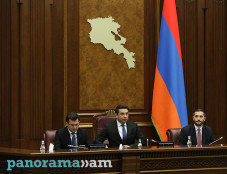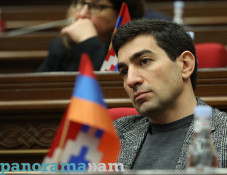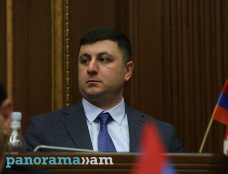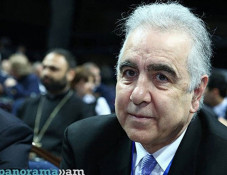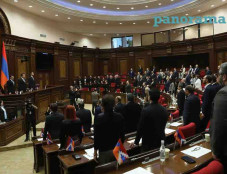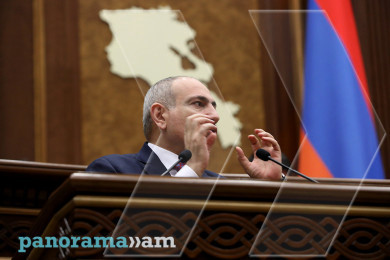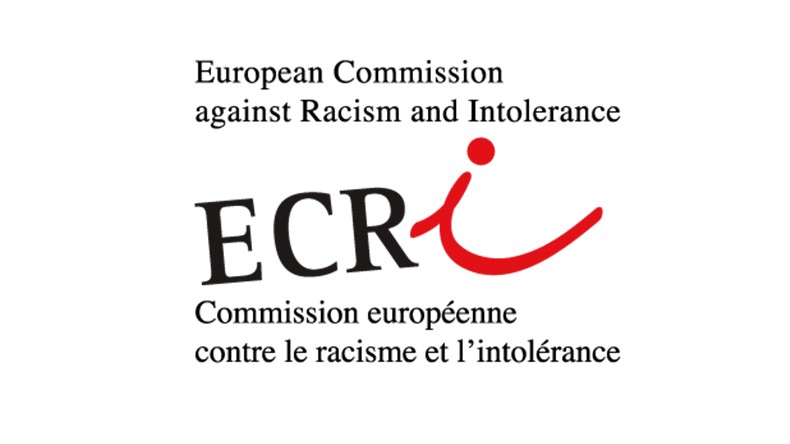
ECRI calls Azerbaijan to undertake necessary steps to stop hate speech against Armenians
European Commission against Racism and Intolerance (ECRI) published a report on Azerbaijan today, June 7. The ECRI referred to a number of worrying issues, including hate speech against Armenians.
“Political leaders, educational institutions and media have continued using hate speech against Armenians; an entire generation of Azerbaijanis has now grown up listening to this hateful rhetoric. Human rights activists working inter alia towards reconciliation with Armenia have been sentenced to heavy prison terms on controversial accusations,” the report reads.
Moreover, the report also addresses Ramil Safarov’s case. “In 2012 the authorities pardoned, released and promoted Ramil Safarov, who had been sentenced in Budapest to life imprisonment for the murder of an Armenian army officer, without taking into account the risk of cultivating a sense of impunity for the perpetrators of racist crime”.
In the report, ECHI requests the Azerbaijani authorities to ensure that public officials at all levels refrain from hate speech towards Armenians and create adequate conditions for the development of a diverse and independent civil society.
The report also notes that during ECRI’s country visit the authorities underlined, as on many previous occasions, the fact that Azerbaijan is a highly tolerant country with few incidents of hate speech. Taking note of this position, the ECRI states otherwise, mentioning that a study on hate speech in the Azerbaijani media in 2014 concluded that 3.9% Azerbaijani news items contained hate speech, mostly targeted at Armenians.
In this respect, ECRI calls the Azerbaijani authorities avoid addressing issues of relevance to the Armenians in a negative light and not contribute to creating an atmosphere of hostility.
According to ECRI, other sources confirm recurrent hate speech towards Armenians connected with the conflict over Nagorno-Karabakh. “The Advisory Committee of the Framework Convention for the Protection of National Minorities (ACFC) for example noted “a persistent public narrative surrounding the conflict over Nagorno-Karabakh identifying [in]variably Armenia or Armenians as ‘the enemy’ and openly promulgating hate messages”. According to other sources, there is a conflict-ridden domestic political discourse and Azerbaijan’s leadership, education system and media are very prolific in their denigration of Armenians”.
“Political opponents are accused of having Armenian roots or of receiving funds from Armenian sources. An entire generation of Azerbaijanis has now grown up listening to constant rhetoric of Armenian aggression. According to a 2012 survey, 91% perceived Armenia as Azerbaijan’s greatest enemy,” reads the report.
Concerning the many instances of hate speech directed at Armenians, the ECRI finds it obvious that they are part of a policy of hardening confrontation with regard to the conflict over Nagorno-Karabakh.
“Given its harmful effects, ECRI considers, just like the OSCE Minsk Group, that the authorities should put an end to this constant, mediatised use of hate speech and rather promote mutual understanding and confidence,” reads the ECRI report on Azerbaijan.
The report isn’t yet available on the ECRI official website. Panorama.am received it in an official e-mail.
Newsfeed
Videos






